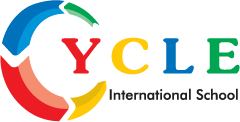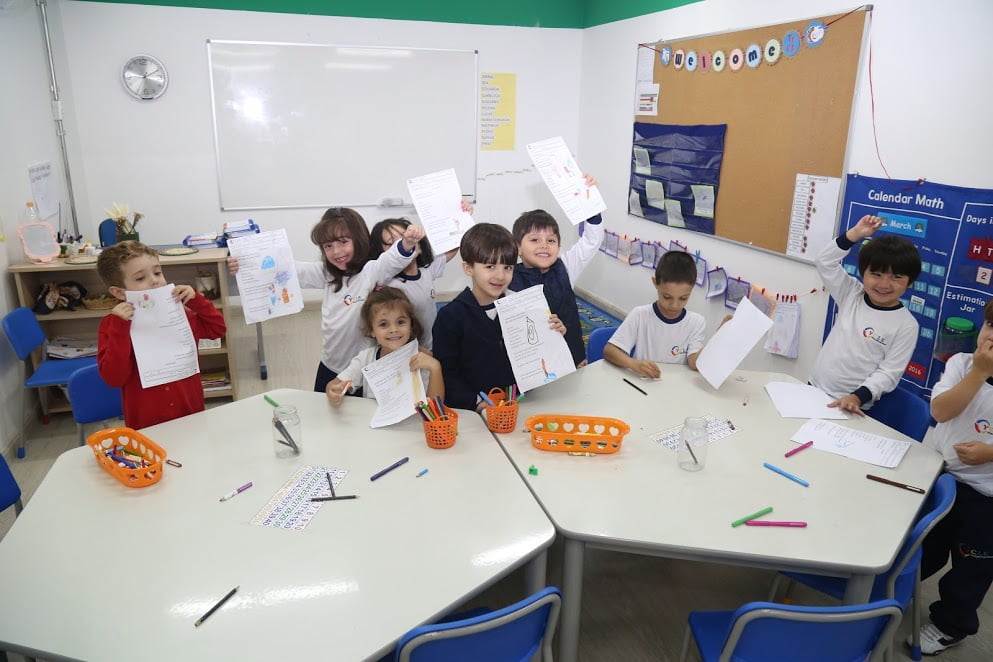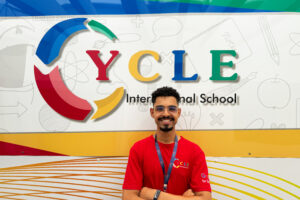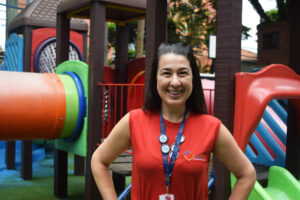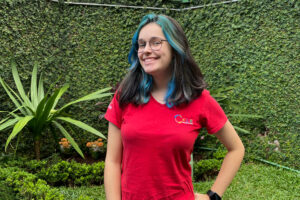Why do teeth fall? Why do I fell sleepy? Why do we need to learn math? Some of these questions are very common when having children at home and they are essential for the development of children. At this phase the curiosity of childs should be stimulated in and out of school. It’s an ally for both the educational and cultural development of the childrens. The quest for answers sharpens knowledge and helps them better understand the world around them.
According to research conducted by the University of California, the curiosity typical of childrens can prepare the brain for learning. For the researches, the trivial questions make the brain more easily associate information.
Curiosity can activate an essential area in childrens brains, the hippocampus region is responsible for creating memories and that is also connected with brain region of pleasure and reward.
To facilitate learning, the kindergarten should have trained teachers who could spark the curiosity of the children, making the experience rewarding.
“The bilingual school is a place of discovery that manages to integrate knowledge. In such an ambience, teachers are mediators who help the childrens in the construction of knowledge”, explains Jacqueline Magalhães, pedagogical advisor.
In a Cycle, the childrens assumes the role of protagonist in their own learning. In this way the teachers assume the role of mediators inviting the students to participate in activities that can arouse their curiosity and consequently fix the learning better.
Together with the family, school can create a favorable ambience for the enrichment of the childrens making learning more and enjoyable and very adbantageous for the school life of these children.
